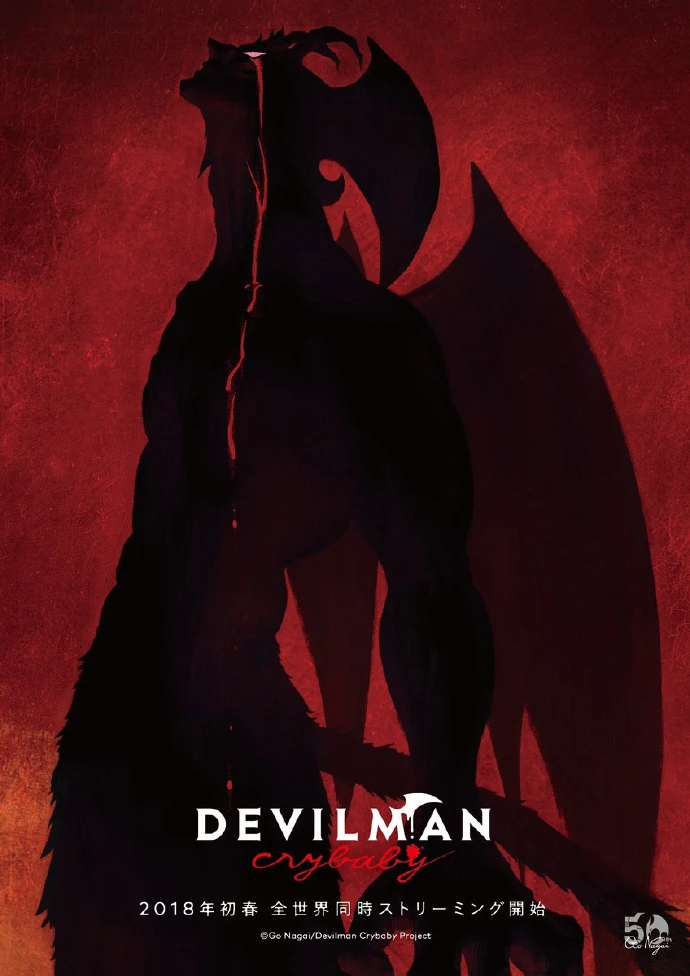First off, I don’t watch the Grammys or follow the awards; I have no idea what the categories are, how the winners are determined, or how Billie Eilish can win 5 Grammys, including Album of the Year and Record of the Year (what’s the difference again?). But I did catch the aftermath this year, namely the musical performances which tend to be an iconic part of the awards show. Personally, I was most interested in the performances by Tyler, the Creator, Bilie Eilish, and Lil Nas X, of which Tyler is the most senior, having been rapping and pushing the limits of the genre for the last decade, while both Billie and Lil Nas are recent stars on the hip hop/pop scene. All performances were interesting in their own way and extremely telling of the current music industry, and for that reason I want to look at how successful each performance was and what defined them.
My favorite performance by far was Tyler, the Creator performing a medley of songs off of his most recent album Igor, which you may remember me writing about last fall. It ended up winning Best Rap Album of the Year, which is somewhat controversial, considering how experimental and genre-breaking Igor truly is. Many critics of the Grammys (including Tyler himself) point out the historical connotations of the Best Rap Album award, which has been one of the only awards consistently won by African American musicians, and feel that the forcing of Igor into this category further displays the role of the rap award as a participation trophy for African American artists.
Regardless of the politics around the award, nobody can argue that Igor didn’t deserve the Grammy; it truly is one of a kind, a fusion of multiple genres and saturated with personality and aesthetic. Tyler brought these exact qualities to his explosive performance, featuring a beautifully sung intro, then wild and intense effects followed up by an insane, almost heavy metal raging and dancing, leading to another beautifully sung reprieve, and finally a crescendo of visceral craziness and adrenaline, leading to a fitting climax. I definitely recommend watching it yourself; words can’t do it justice. Even if you don’t usually appreciate that style of music, I think the performance is objectively fantastic. I found that my heart was racing when I was watching, and I caught myself smiling at the end, that’s how much I was drawn into the over-the-top qualities of the performance. Not only was it more entertaining than any other performance, it actually put the music on display, perfectly conveying the themes and emotions that go along with the album.
The next performance I watched was Billie Eilish performing an acoustic song off of her most recent album with her brother on the piano. It was certainly well done and haunting, but its impact was almost insignificant compared to Tyler’s. I should acknowledge my bias towards Tyler first however; I simply appreciate his style and musical development more than Billie’s. I was a fan of hers when she first started, but I quickly felt like all of her music sounded the same (which is a pretty generic critique, I know). Perhaps her style is just meant to be subtle, and I missed the point of her performance, but regardless I felt like it left a lot to be desired, which is surprising considering how many Grammys she won.
Last but not least was Lil Nas X performing a medley of Rodeo and Old Town Road, both viral hits last year. They’re great songs and all, certainly very catchy, but it’s hard for me to see him as anything more than just a meme. I don’t mean that with disrespect; I definitely think there is a place in pop culture for viral music and his endearing personality, but I think he objectively lacks the artistic skill of more serious or developed musicians. He might grow into a more serious artist one day too, who knows, but for now I think his music is just meant to appeal to the lowest common denominator of today’s pop culture, which I think was put on full display during his performance. Studded with other celebrities and musicians, his performance felt like an odd fever dream with some familiar faces, but no unifying style. It was practically a musical advertisement for the music industry, not an example of outstanding creative performance. It makes sense that Lil Nas would rely on the reputations and popularity of other musicians, considering he has just started making a name for himself, but it certainly doesn’t help him to stand out or create his own musical legacy.
Hopefully this didn’t turn into a rant (it can be hard to tell sometimes), and I think my biases are pretty obvious, but regardless I think that comparing these iconic performances can reveal a lot about what makes award show performances so important, and what makes a performance stand out or blend in. In my opinion, Tyler’s performance is the gold standard of memorable, experimental, mold-breaking, and artistic. It might not be fully appreciated by general audiences, or appeal to the popular culture spheres of today, but I think it will be remembered as iconic in the history of award performances. The other performances will likely be forgotten by the next Grammys, but hopefully those artists will have another chance to prove themselves with more experience and perspective under their belts.


 Devilman Crybaby is an original Netflix anime adaptation of the original manga by Go Nagai, and although I highly recommend watching it, I’ll try to save some of my praise for another post. The essential story is about a young boy named Akira who gets wrapped up in an emerging world of demons by his mysterious childhood friend Ryo. It features existential and dark themes, and raises questions about humanity, society, and love that make you think long after the show is over. It’s a tragedy to be sure; be prepared to cry when it’s over, but it is not without its moments of hope. The soundtrack to the show mirrors this so accurately and poignantly, making it the perfect complement to the show and adding something that makes it entirely unique. The aesthetic of the soundtrack perfectly fits the artistic style of the animation; it’s primal and pounding at times, matching the intense scenes of chaos, and other times it’s subtle and futuristic, setting this iconic tone throughout the show that lasts long after its over. My favorite tracks however are these long orchestral pieces, featuring these solemn and mourning grand piano melodies that are absolutely haunting. They contrast so well, both on the overall album and in the show itself; they provide these thoughtful reprieves from the chaos, where both the characters and audience are forced to reflect on the tragedies of humanity. Overall, I find this soundtrack incredible in how it affects the story, and how well crafted it is that it can stand alone.
Devilman Crybaby is an original Netflix anime adaptation of the original manga by Go Nagai, and although I highly recommend watching it, I’ll try to save some of my praise for another post. The essential story is about a young boy named Akira who gets wrapped up in an emerging world of demons by his mysterious childhood friend Ryo. It features existential and dark themes, and raises questions about humanity, society, and love that make you think long after the show is over. It’s a tragedy to be sure; be prepared to cry when it’s over, but it is not without its moments of hope. The soundtrack to the show mirrors this so accurately and poignantly, making it the perfect complement to the show and adding something that makes it entirely unique. The aesthetic of the soundtrack perfectly fits the artistic style of the animation; it’s primal and pounding at times, matching the intense scenes of chaos, and other times it’s subtle and futuristic, setting this iconic tone throughout the show that lasts long after its over. My favorite tracks however are these long orchestral pieces, featuring these solemn and mourning grand piano melodies that are absolutely haunting. They contrast so well, both on the overall album and in the show itself; they provide these thoughtful reprieves from the chaos, where both the characters and audience are forced to reflect on the tragedies of humanity. Overall, I find this soundtrack incredible in how it affects the story, and how well crafted it is that it can stand alone. Another great example of a stand out soundtrack is Swiss Army Man, a small indie film featuring Daniel Radcliffe and Paul Dano. Again, one of my favorite movies; a little quirky and hard to swallow at first, but it leaves a lasting impression and is just genuinely fun to watch. Similar to the Devilman Crybaby soundtrack, this soundtrack stands out for its aesthetic and style: it is fun and folky, featuring a lot of vocals and accapella, accompanied by simple instrumentation and haunting chords. All of the vocals are performed by the two actors as well, which is ingenious, especially during the film when the characters are quiet and the music speaks for them. The movie mostly takes place in the woods and is an unusual love story, which is reflected well in the soundtrack. It features a variety of unusual songs, mostly focused on the relationship between the two main characters, and tells its own story in a way that the film itself can’t. In this way, the soundtrack adds an important element to the story and can’t be ignored. These reasons make the soundtrack stand out, and as a result I still find myself listening to it, reliving the great moments of the story through music.
Another great example of a stand out soundtrack is Swiss Army Man, a small indie film featuring Daniel Radcliffe and Paul Dano. Again, one of my favorite movies; a little quirky and hard to swallow at first, but it leaves a lasting impression and is just genuinely fun to watch. Similar to the Devilman Crybaby soundtrack, this soundtrack stands out for its aesthetic and style: it is fun and folky, featuring a lot of vocals and accapella, accompanied by simple instrumentation and haunting chords. All of the vocals are performed by the two actors as well, which is ingenious, especially during the film when the characters are quiet and the music speaks for them. The movie mostly takes place in the woods and is an unusual love story, which is reflected well in the soundtrack. It features a variety of unusual songs, mostly focused on the relationship between the two main characters, and tells its own story in a way that the film itself can’t. In this way, the soundtrack adds an important element to the story and can’t be ignored. These reasons make the soundtrack stand out, and as a result I still find myself listening to it, reliving the great moments of the story through music.






